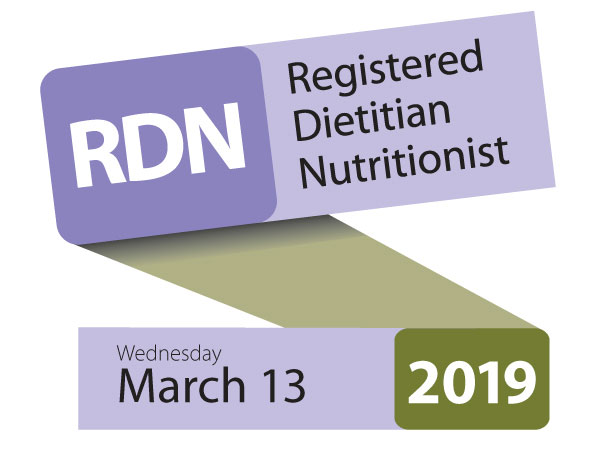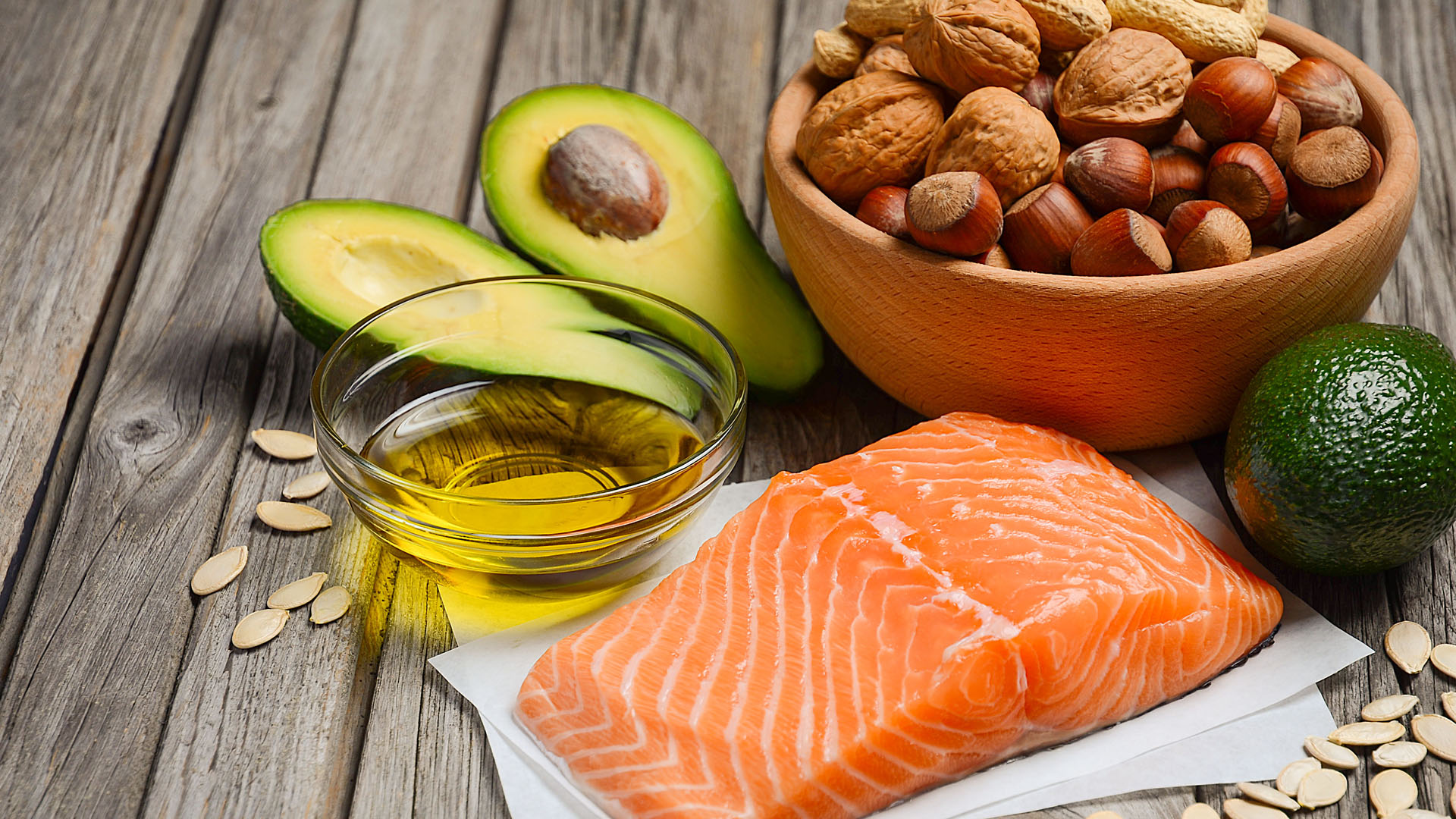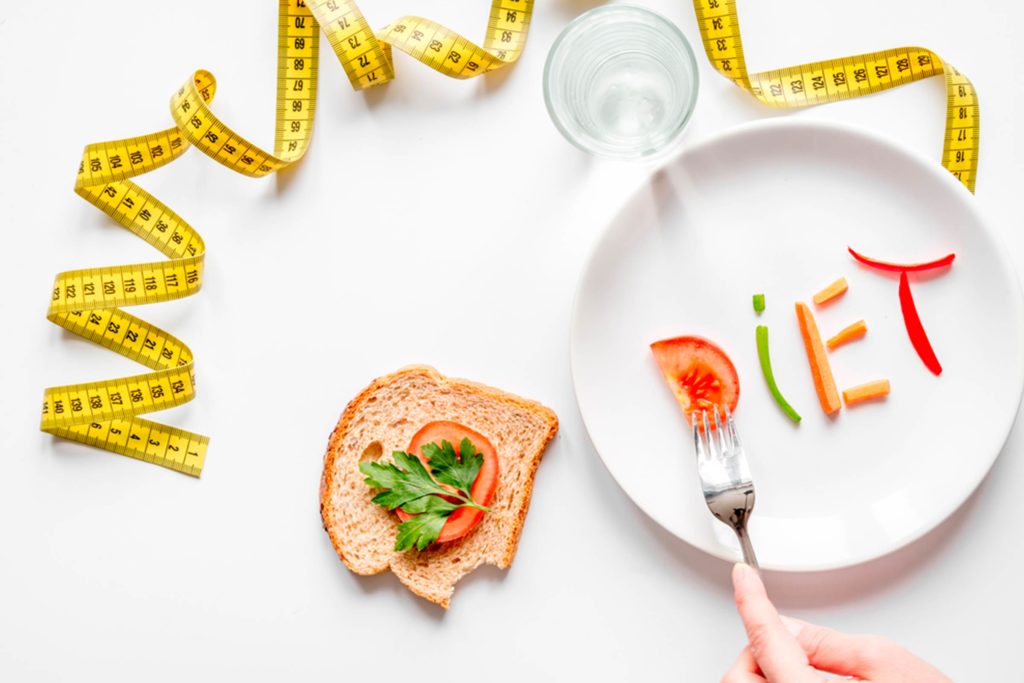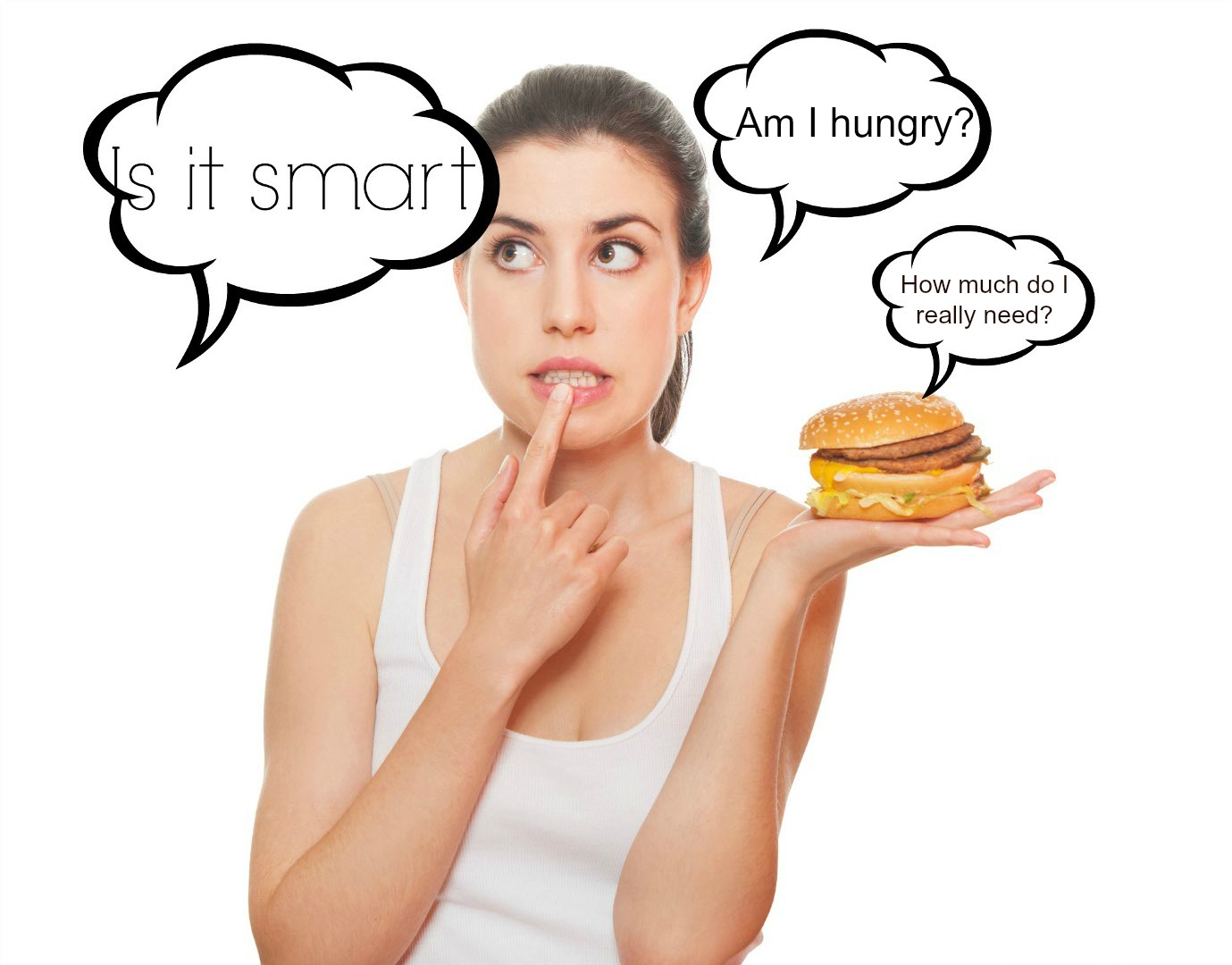Why Work with a RDN?
 I’ve enjoyed my career as a Registered Dietitian Nutritionst (RDN). It’s been over 35 years now. I’ve seen a lot of changes in nutritional science over these past decades and I’ve seen some very basic principles of eating stay the same. Why work with an RDN?
I’ve enjoyed my career as a Registered Dietitian Nutritionst (RDN). It’s been over 35 years now. I’ve seen a lot of changes in nutritional science over these past decades and I’ve seen some very basic principles of eating stay the same. Why work with an RDN?
First of all an RDN is well trained. Unlike many so called “Nutritionists” who obtain a certificate from an institution or organization in a 16-hour course online, RDNs earn a bachelors or masters degree from a university in a dietetic program that is accredited by the Academy of Nutrition and Dietetics, the national accreditation provider. An internship of over 100 hours is required for registration along with a rigorous exam taken at the end of the program. It’s a lot of work. It’s a lot of study in areas of nutrition therapy unlike any other discipline, including MDs. MDs only receive one or two courses in nutrition therapy during their medical school training.
RDNs stay abreast of the latest nutritional research. And there is much being done right now in so many areas of health prevention, cancer, diabetes, heart health, sports performance to name a few. It’s our job to keep up to date. RDNs must do at least 75 hours of continuing education every 5 years to stay registered. Let’s explore a few of these changes over the years.

FATS
When I first started my career in the mid 80’s, I was preaching low fat diets for heart health, and at that time we didn’t know anything about the dangers of trans fats (man-made manipulation of fat to keep it solid at room temperature as in shortening, commercial cookies and cakes, margarine). We weren’t pushing monounsaturated fats (olive oil, avocados, nuts and seeds) at that time. In fact polyunsaturates (safflower, corn, sunflower and soybean oils) were the oils of choice. Dr. Dean Ornish introduced his research suggesting that heart disease could be reversed with a plant based diet. His work continues to gain momentum and validation today.
Today we know so much more about the value of healthy monounsaturated fats as well as Omega-3 fatty acids. (tuna, salmon, sardines, flaxseed, avocado). Added healthy fat doesn’t raise blood insulin, it improves our heart functions, provides needed satiety at meal time, is a source of energy and is vital for the transport and absorption of vitamins and minerals.
There are plenty of questions still unresolved including whether highly saturated fats like those found in beef, cheese, high fat dairy, butter as well as palm oil or coconut oil are ok for us to eat. The studies are not conclusive and in many cases contradict each other. I hesitate to tell you to eat whatever fat you want, so I remain cautious and encourage you to eat the fats we know are healthy and be judicious with the others.

- Maple Walnut-Crusted Salmon
- Strawberry, Avocado Salad with Honey Glazed Grilled Salmon
- Chicken Avocado Salad
 WEIGHT LOSS
WEIGHT LOSS
Weight loss continues to be a main topic of discussion in every decade. And boy have I seen so many diets come and go. SO MANY DIETS. I can’t even remember the name of many of them, they were so short-lived. The Cabbage Soup, Slim-Fast, Scarsdale, Grapefruit, Macrobiotic, Sugar Busters, the Zone Diet, Atkins, Fit for Life, Pritikin, South Beach, Blood Type Jenny Craig, Weight Watchers, Nutri-Syste, HCG Diet, Paleo, Keto, Whole30. I bet you could add more. It’s nuts!
Dieting has created an unhealthy relationship with the very thing that keeps us alive and healthy–food. All the restriction, the giving up of our own sensibilities to a prescribed way of eating distorts trust in self. We lose touch with innate signals that are hormonally controlled, that tell us when and often what we should eat to stay healthy. When a diet is “broken” as most often happens, weight is regained. The yo-yo ing of weight over the years leads to the inability to lose weight over time. The body has lost so much muscle over the years of dieting and with every weight regain, fat not muscle is added back. That’s a recipe for failure every time! Dieting doesn’t work because the weight comes right back. It’s not sustainable.
 DITCH THE DIETING, PLEASE!
DITCH THE DIETING, PLEASE!
Over the years I’ve learned so much about how to create long term success, how to marry the science of nutrition with our own innate signals of what is best for our bodies. As we learn more about hormonal balance we figure out how to work with our body, not against it. As we find meaning in life, find ways to develop and share talents, we put less time into worrying about food. Food is key to our survival, it nourishes and provides a ton of pleasure, but it should take up only a small amount of our attention each day.
Work with a RDN who understands these principles. There is so much we know about the science and an experienced RDN knows so much about how to work with someone to help them understand their relationship with food and if it needs some healing then we are equipped to do just that. Years of dieting take their toll. Give it up. Learn to eat mindfully, perceptively, intuitively.
WHAT TO EAT?
The Mediterranean Diet is ancient. I don’t view it as a diet because it is really just a way of living. It describes the patterns of a people who are healthy, who live long lives and have far less chronic diseases than we do. What’s the secret? Check out everything Mediterranean on my site. I’ll be adding much more in the future. Stay tuned for some exciting things to come!

I’d love to work with you. I offer small group or individual counseling. Virtual counseling is coming soon! But if you live nearby me here in Boise, ID please click on the link on the menu bar or email me at karen@insidekarenskitchen.com.

Kelly
I live to far away but would be very interested when you decide to offer virtual counseling. In the mean time I’m excited to explore your website for everything Mediterranean.
Karen
Hi Kelly: I’ll keep you posted. I’m very close to making this happen!